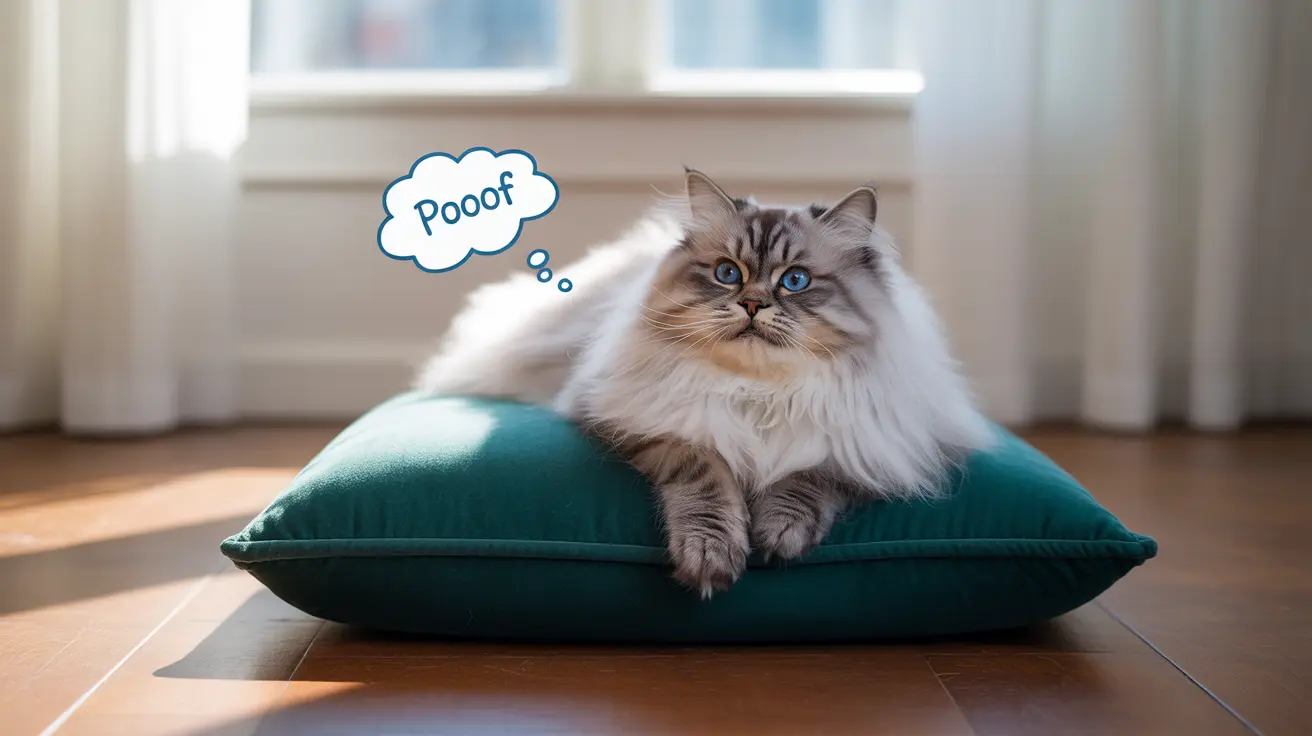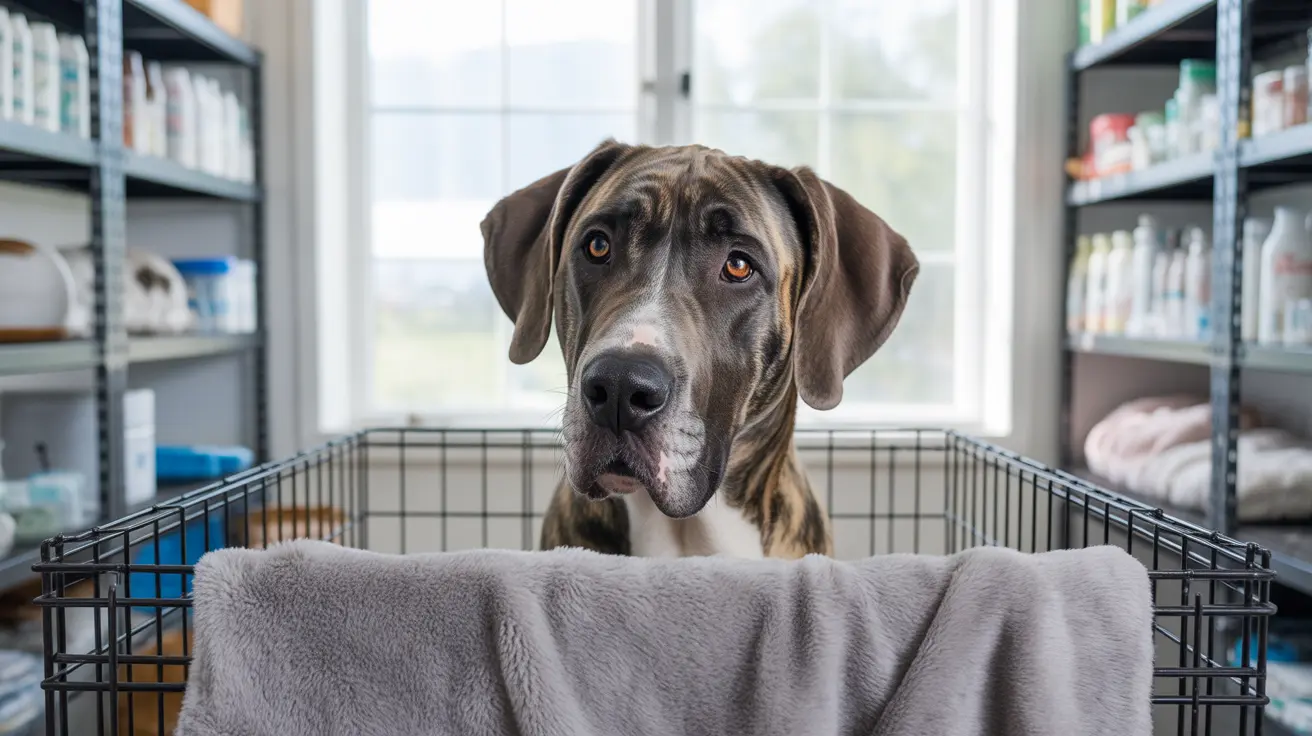Common Causes of Feline Flatulence
Dietary Triggers
The most common reason for excessive cat flatulence is diet-related issues. Cats are obligate carnivores, meaning their digestive systems are designed primarily for processing meat. When their diet contains too many carbohydrates, artificial additives, or inappropriate ingredients, gas production often increases.
- Low-quality cat food with excessive fillers
- Sudden changes in diet
- Dairy products
- Human food scraps
- Foods high in fiber or carbohydrates
Eating Habits and Behaviors
How your cat eats can be just as important as what they eat. Eating too quickly leads to aerophagia (swallowing air), which results in increased gas. Competition between multiple cats at feeding time often encourages rushed eating, exacerbating the problem.
Medical Conditions That Cause Gas
Sometimes, frequent flatulence can signal underlying health issues, including:
- Inflammatory bowel disease (IBD)
- Gastrointestinal infections
- Parasitic infections
- Food allergies or sensitivities
- Bacterial imbalances in the gut
Solutions and Prevention Strategies
Dietary Adjustments
Improving your cat's diet is often the first step in reducing excessive gas:
- Choose high-quality, meat-based cat foods
- Implement gradual food transitions
- Consider limited-ingredient diets for sensitive cats
- Avoid giving human food and dairy products
Feeding Management
Optimize your cat's eating habits by:
- Using slow-feeder bowls
- Feeding smaller, more frequent meals
- Providing separate feeding areas for multiple cats
- Maintaining consistent feeding schedules
When to Seek Veterinary Care
While occasional flatulence is normal, certain signs warrant professional attention:
- Excessive or unusually foul-smelling gas
- Gas accompanied by diarrhea or vomiting
- Visible discomfort or bloating
- Changes in appetite or weight
- Lethargy or behavioral changes
Frequently Asked Questions
Why does my cat keep farting after I changed its food?
Sudden dietary changes can disrupt your cat's digestive system. Always transition to new food gradually over 7-10 days by mixing increasing amounts of new food with the old food.
What foods should I avoid feeding my cat to reduce flatulence?
Avoid dairy products, table scraps, high-carbohydrate foods, and artificial additives. Stick to high-quality, meat-based cat foods appropriate for your cat's age and health status.
Can picking up my cat cause it to fart, and why does this happen?
Yes, lifting your cat can cause them to fart due to abdominal pressure on their digestive tract. This is especially common if your cat has existing gas or recently ate.
When should I be worried about my cat's flatulence and see a vet?
Consult a veterinarian if flatulence is excessive, accompanied by other symptoms like diarrhea or vomiting, or if your cat shows signs of discomfort or behavioral changes.
How can I help my cat's gas problem through diet and feeding habits?
Feed high-quality protein-based foods, use slow-feeder bowls, provide multiple small meals throughout the day, and ensure gradual dietary transitions. Consider probiotics after consulting with your veterinarian.
Conclusion
While cat flatulence can be concerning, understanding its causes and implementing appropriate dietary and lifestyle changes can significantly reduce the issue. Remember to monitor your cat's symptoms and consult with a veterinarian if problems persist or worsen. With proper care and attention, you can help your gassy cat become more comfortable and healthier.






